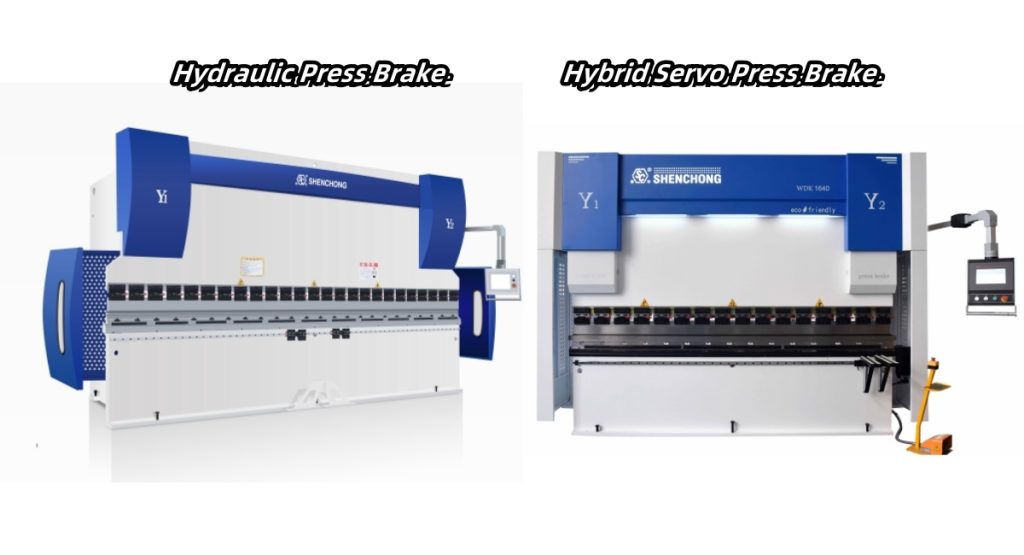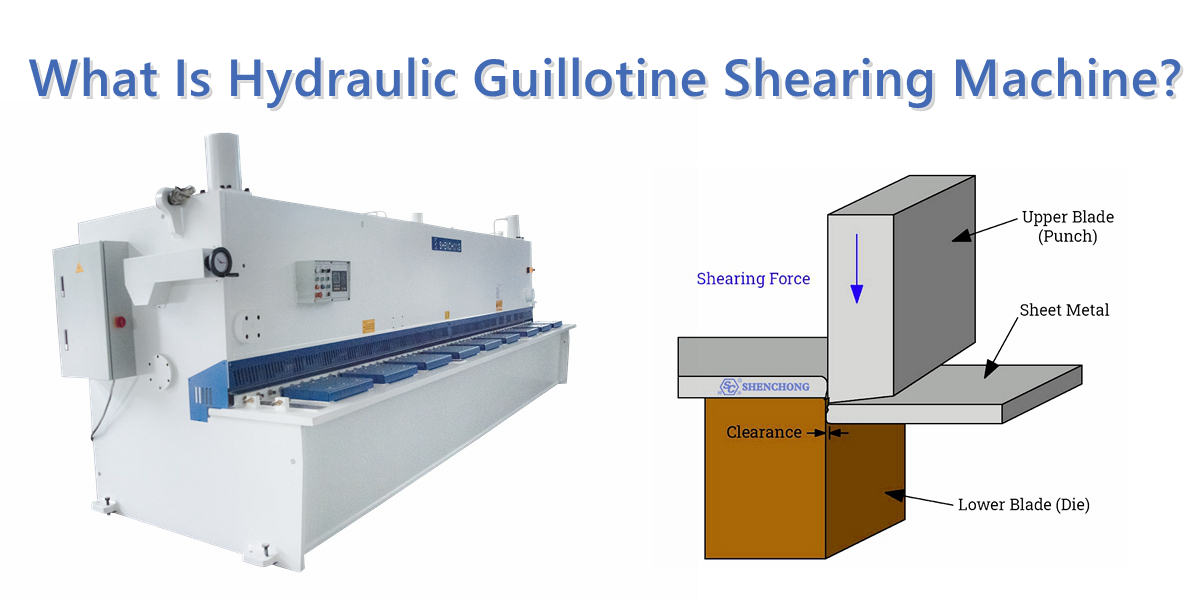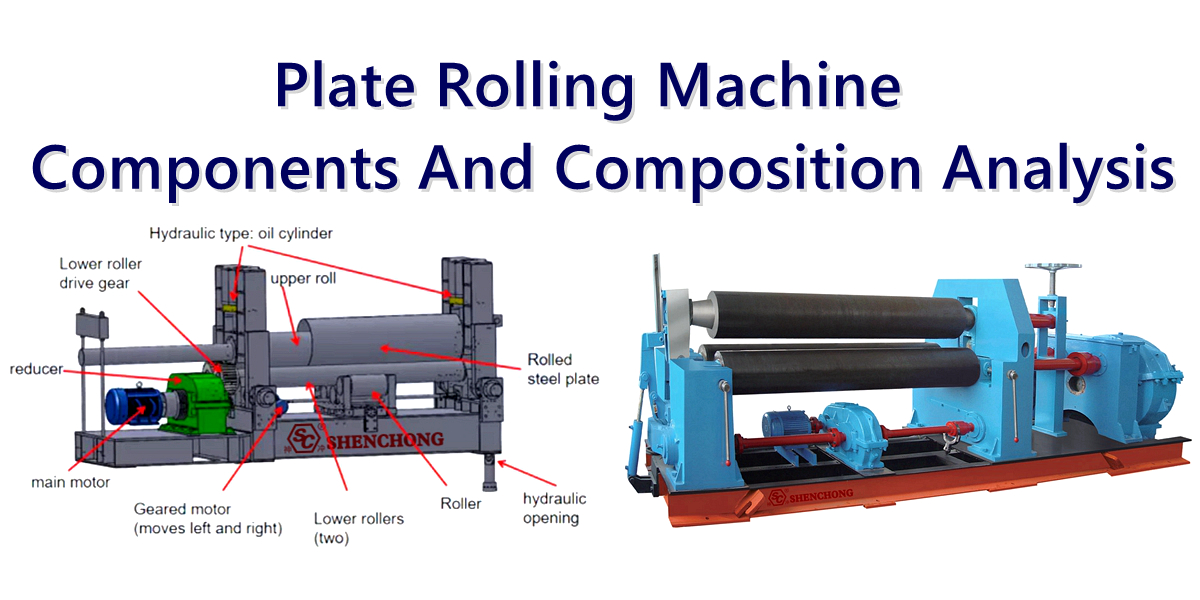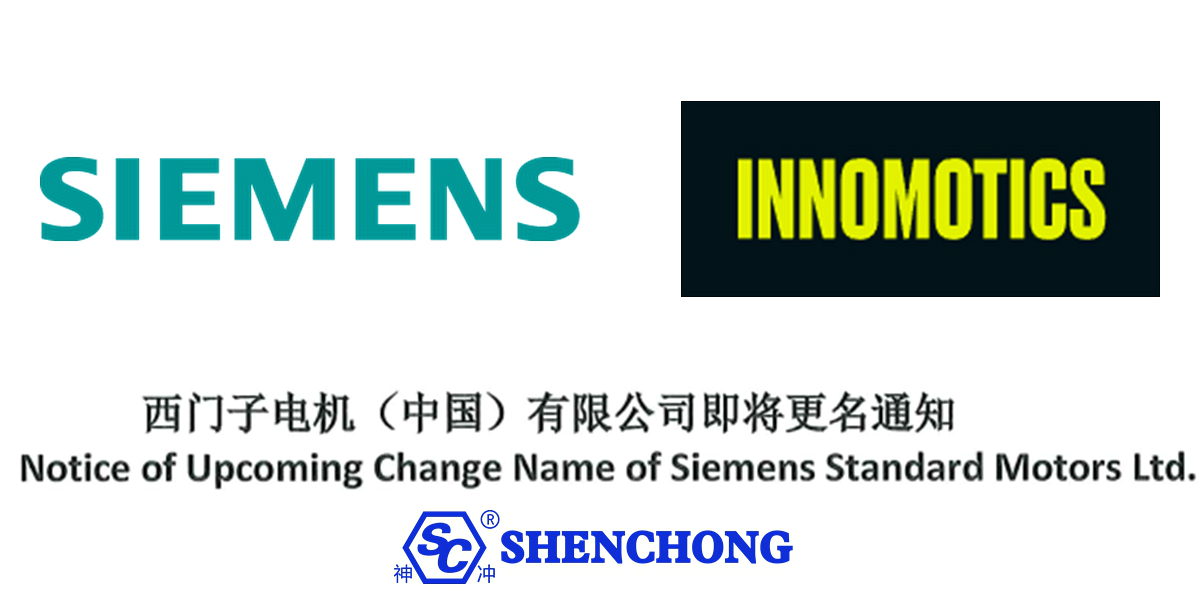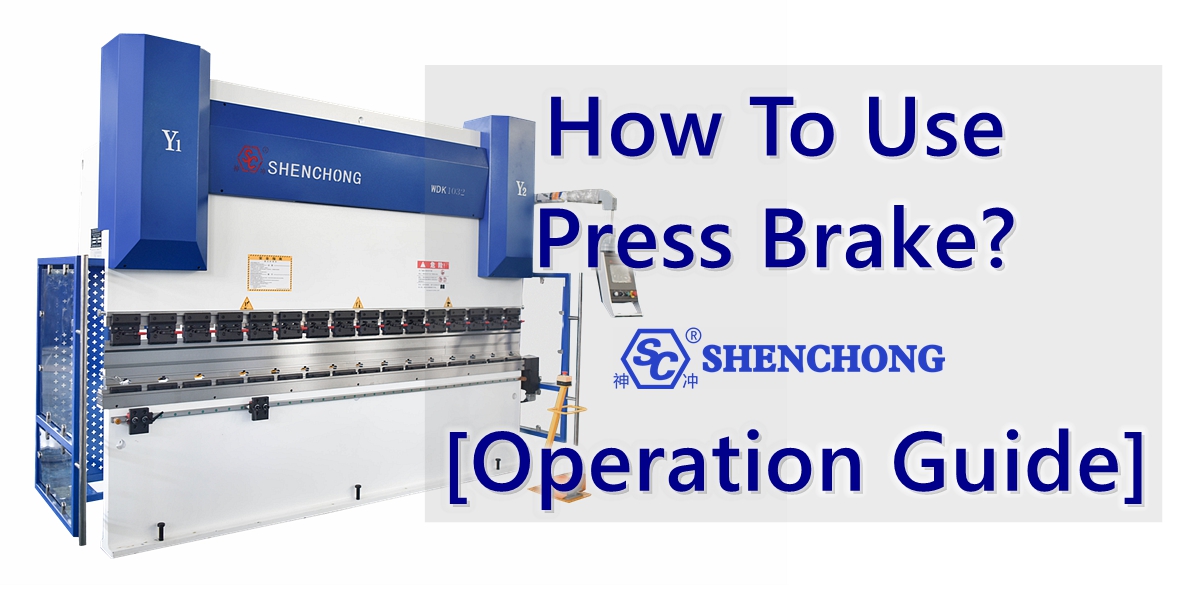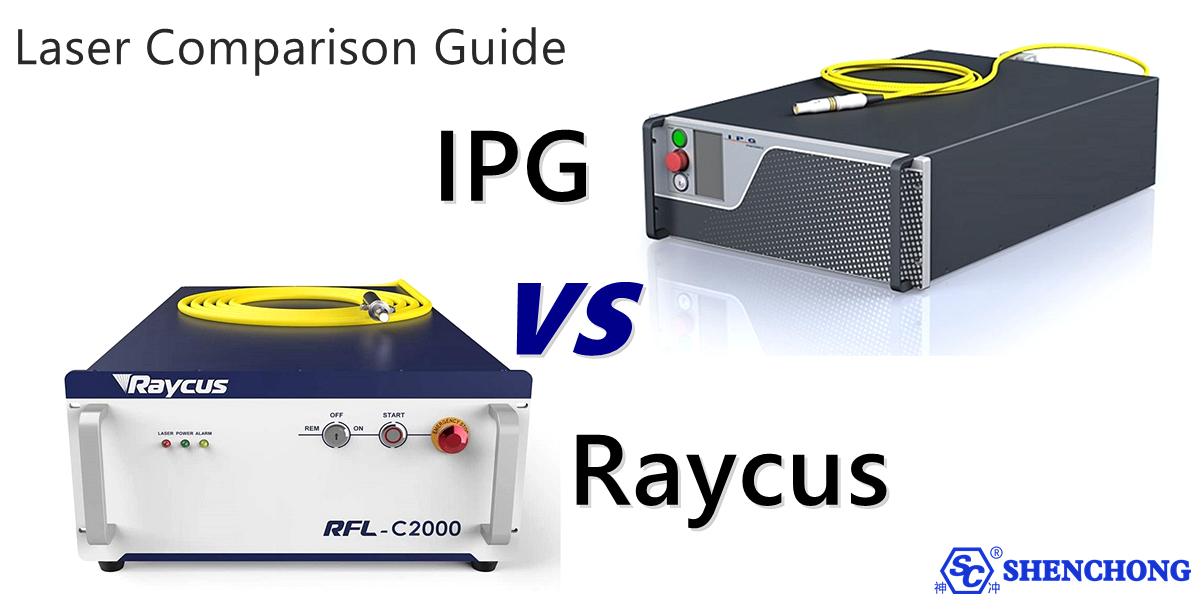Introduction
Table of Contents
In the realm of metal fabrication, press brakes are indispensable tools used to bend and shape sheet metal. Among the various types of press brakes available, hydraulic and hybrid servo press brakes stand out due to their widespread use and distinctive features. Hydraulic press brakes VS hybrid servo press brake, how to choose these two types of press brake? Understanding the differences between these two types of press brakes is crucial for manufacturers and fabricators to make informed decisions based on their specific needs, efficiency, and budget considerations. This article delves deep into the nuances of hydraulic press brakes and hybrid servo press brakes, exploring their operation, advantages, disadvantages, applications, and more.
Understanding Press Brakes
A press brake is a machine used in the manufacturing process to bend and shape sheet metal. It applies force via a punch and die to form metal sheets into desired angles and shapes. The efficiency, precision, and capability of a press brake significantly impact the quality and productivity of metal fabrication processes. Let us check below introduction of hydraulic press brakes vs hybrid servo press brakes.
Hydraulic Press Brakes
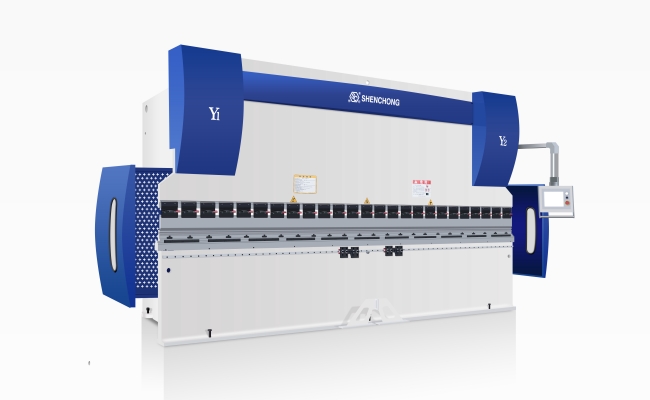
Hydraulic press brake is a machine used in metalworking for bending sheet and plate material, most commonly sheet metal. It operates using a hydraulic system to apply force on a ram, which then bends the metal into the desired shape against a die. Here are some key features and components of a hydraulic press brake.
Hydraulic Press Brake Machine Operation
Hydraulic press brakes operate using hydraulic cylinders filled with oil to generate the force necessary for bending metal. These machines utilize hydraulic pumps that continuously run to maintain pressure, allowing the press brake to perform bending operations. The movement and pressure of the hydraulic fluid are controlled by proportional valves, which enable the precise application of force.
Hydraulic Press Brake Key Components
- Hydraulic Cylinders: Provide the force needed for bending operations.
- Hydraulic Pump: Generates hydraulic pressure.
- Proportional Valves: Control the flow and pressure of hydraulic fluid.
- Control Unit: Manages the operation and ensures precision in bending.
Advantages of Hydraulic Press Brakes
- High Bending Force: Hydraulic press brakes can produce very high bending forces, making them suitable for working with thick and hard metals.
- Robustness and Durability: Known for their robustness, hydraulic press brakes are durable and reliable, especially in heavy-duty applications.
- Cost-Effective: Generally less expensive to purchase compared to hybrid servo press brakes.
Disadvantages of Hydraulic Press Brakes
- Energy Efficiency: These machines are less energy-efficient as the hydraulic pump runs continuously, consuming power even when the machine is idle.
- Precision: While precise, hydraulic press brakes generally offer less accuracy compared to hybrid servo press brakes.
- Maintenance: Requires more frequent maintenance due to the complexity of hydraulic systems, including potential issues with hydraulic fluid leakage.
Hybrid Servo Press Brakes
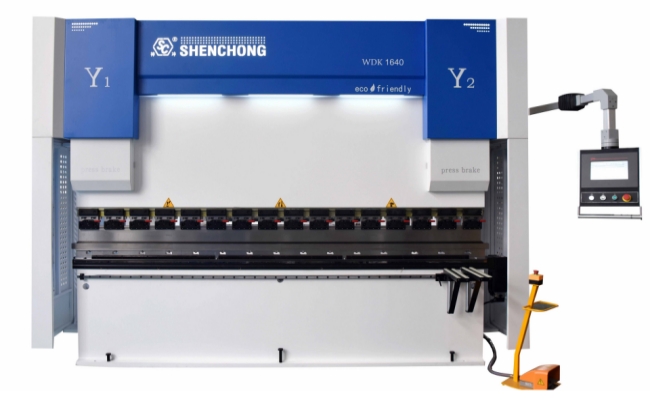
Hybrid servo press brake is an advanced type of press brake that combines the benefits of both hydraulic and electric servo drive systems. This hybrid technology aims to improve precision, efficiency, and energy consumption in metal bending operations. Here are the key features and advantages of a hybrid servo press brake.
Hybrid Servo Press Brake Operation
Hybrid servo press brakes combine hydraulic technology with electric servo motors. The servo motors control the hydraulic pump, providing precise control over the hydraulic fluid. This integration of servo motors allows for advanced control systems to regulate movement and pressure, resulting in more precise and efficient operations.
Servo Hybrid Press Brake Key Components
- Servo Motors: Control the hydraulic pump with high precision.
- Hydraulic Pump: Generates hydraulic pressure, controlled by servo motors.
- Advanced Control Systems: Ensure precise regulation of movement and pressure.
- Control Unit: Manages the overall operation with advanced programming.
Advantages of Hybrid Servo Press Brakes
- Energy Efficiency: More energy-efficient as the servo motors only run when needed, reducing power consumption during idle times.
- Precision and Repeatability: Offers higher precision and repeatability in bending operations due to advanced control systems.
- Speed: Faster operation due to the quick response time of servo motors, leading to increased productivity.
- Lower Maintenance: Requires less maintenance compared to traditional hydraulic systems, as there are fewer moving parts and less wear and tear on components.
Disadvantages of Hybrid Servo Press Brakes
- Higher Initial Cost: Higher purchase cost compared to hydraulic press brakes.
- Complexity: More complex system requiring advanced knowledge for operation and maintenance.
Hydraulic Press Brakes VS Hybrid Servo Press Brakes Detailed Comparison
Energy Efficiency
- Hydraulic Press Brakes: These machines are less energy-efficient as the hydraulic pump runs continuously, consuming power even when the machine is idle. This continuous operation leads to higher energy costs and less environmentally friendly operations.
- Hybrid Servo Press Brakes: These machines are designed to be more energy-efficient. The servo motors only run when needed, which means that energy consumption is significantly reduced during idle times. This leads to lower energy costs and a smaller environmental footprint.
Precision And Accuracy
- Hydraulic Press Brakes: While hydraulic press brakes offer good precision, they are generally less accurate compared to hybrid servo press brakes. The hydraulic system can experience variations in pressure and fluid dynamics, which can affect the consistency of bending operations.
- Hybrid Servo Press Brakes: These machines excel in precision and accuracy. The advanced control systems and servo motors allow for highly accurate and repeatable bending operations. The precise control over hydraulic fluid flow and pressure ensures consistent results, which is crucial for high-quality metal fabrication.
Speed And Productivity
- Hydraulic Press Brakes: The speed of hydraulic press brakes is determined by the hydraulic system’s response time. While they are capable of performing bending operations efficiently, they are generally slower compared to hybrid servo press brakes.
- Hybrid Servo Press Brakes: These machines offer faster operation due to the quick response time of servo motors. The ability to rapidly adjust hydraulic pressure and movement leads to increased productivity and shorter cycle times. This is particularly beneficial in high-volume production environments.
Maintenance Requirements
- Hydraulic Press Brakes: Maintenance for hydraulic press brakes can be more frequent and costly due to the complexity of the hydraulic system. Issues such as hydraulic fluid leakage, wear and tear of hydraulic components, and the need for regular inspections can lead to increased downtime and maintenance costs.
- Hybrid Servo Press Brakes: These machines require less maintenance compared to hydraulic press brakes. The integration of servo motors reduces the number of moving parts and minimizes wear and tear on components. Additionally, the advanced control systems can provide diagnostic capabilities, allowing for proactive maintenance and reducing unexpected downtime.
Applications And Suitability
- Hydraulic Press Brakes: These machines are suitable for heavy-duty applications that require high bending forces. They are commonly used in industries such as automotive, aerospace, and construction, where thick and hard metals need to be formed and shaped.
- Hybrid Servo Press Brakes: These machines are ideal for applications that demand high precision and efficiency. They are used in industries such as electronics, medical devices, and precision manufacturing, where accuracy and repeatability are critical. The faster operation and energy efficiency also make them suitable for high-volume production.
Cost Considerations
- Hydraulic Press Brakes: Generally, hydraulic press brakes have a lower initial purchase cost compared to hybrid servo press brakes. This makes them an attractive option for manufacturers with budget constraints.
- Hybrid Servo Press Brakes: The initial purchase cost of hybrid servo press brakes is higher due to the advanced technology and components involved. However, the long-term benefits in terms of energy savings, precision, and reduced maintenance costs can offset the higher initial investment.
The cost difference between hydraulic press brakes and hybrid servo press brakes can be significant due to differences in their technology, efficiency, and operational capabilities. Below is a detailed analysis of the cost considerations for both types of press brakes:
Initial Purchase Cost: Hydraulic Press Brakes Vs Hybrid Servo Press Brakes
Hydraulic Press Brakes
- Range: The initial purchase cost for a hydraulic press brake can range from $50,000 to $150,000, depending on the size, capacity, and additional features of the machine.
- Factors: The cost is influenced by the tonnage capacity, bed length, brand, and any additional features such as CNC controls or advanced tooling.
Hybrid Servo Press Brakes
- Range: The initial purchase cost for a hybrid servo press brake typically ranges from $100,000 to $300,000 or more, depending on similar factors such as size, capacity, and advanced features.
- Factors: The higher cost is due to the inclusion of advanced servo motor technology, sophisticated control systems, and greater precision capabilities.
Operating Costs: Hydraulic Press Brakes Vs Hybrid Servo Press Brakes
Hydraulic Press Brakes
- Energy Consumption: Hydraulic press brakes tend to consume more energy as the hydraulic pump runs continuously, even when the machine is idle. This can lead to higher electricity costs over time.
- Maintenance Costs: Hydraulic systems require regular maintenance, including hydraulic fluid changes, seal replacements, and potential repairs for leaks. These maintenance activities can add to the overall operating costs.
Hybrid Servo Press Brakes
- Energy Consumption: Hybrid servo press brakes are more energy-efficient, as the servo motors only run when needed. This results in lower electricity consumption and reduced operating costs.
- Maintenance Costs: Hybrid servo press brakes generally require less maintenance compared to hydraulic press brakes. The advanced control systems and fewer moving parts lead to lower maintenance expenses over the machine’s lifetime.
Total Cost of Ownership (TCO): Hydraulic Press Brakes Vs Hybrid Servo Press Brakes
Hydraulic Press Brakes
- Pros: Lower initial purchase cost makes them attractive for companies with budget constraints.
- Cons: Higher energy consumption and maintenance requirements can increase the total cost of ownership over time.
Hybrid Servo Press Brakes
- Pros: Although they have a higher initial purchase cost, the energy savings and reduced maintenance costs can offset the initial investment, leading to a lower total cost of ownership in the long run.
- Cons: Higher upfront cost may be a barrier for some manufacturers, especially smaller operations or those with limited capital.
ROI and Long-Term Considerations: Hydraulic Press Brakes Vs Hybrid Servo Press Brakes
- Hydraulic Press Brakes: Suitable for heavy-duty applications where high force is required. They are a cost-effective solution for manufacturers who prioritize initial cost savings and can manage higher operational expenses.
- Hybrid Servo Press Brakes: Ideal for applications requiring high precision, efficiency, and faster production rates. The higher initial investment can be justified by the long-term savings in energy and maintenance, making them a better choice for high-volume production environments or precision manufacturing.
Example Cost Breakdown
Small Hydraulic Press Brake (e.g., 50-ton capacity):
- Initial Cost: ~$22,000
- Annual Energy Cost: ~$2,500
- Annual Maintenance Cost: ~$1,000
- Estimated 10-Year TCO: ~$57,000
Small Hybrid Servo Press Brake (e.g., 50-ton capacity):
- Initial Cost: ~$24,000
- Annual Energy Cost: ~$1,000
- Annual Maintenance Cost: ~$600
- Estimated 10-Year TCO: ~$40,000
Large Hydraulic Press Brake (e.g., 200-ton capacity):
- Initial Cost: ~$35,000
- Annual Energy Cost: ~$3,500
- Annual Maintenance Cost: ~$3,000
- Estimated 10-Year TCO: ~$100,000
Large Hybrid Servo Press Brake (e.g., 200-ton capacity):
- Initial Cost: ~$40,000
- Annual Energy Cost: ~$1,600
- Annual Maintenance Cost: ~$1,800
- Estimated 10-Year TCO: ~$74,000
Case Studies and Industry Examples
Case Study 1: Automotive Industry
Hydraulic Press Brake Usage:
In the automotive industry, hydraulic press brakes are used for forming and shaping various components, such as chassis parts, body panels, and brackets. The high bending force of hydraulic press brakes allows for the efficient processing of thick and durable materials required for automotive applications.
Hybrid Servo Press Brake Usage:
For precision components, such as intricate brackets, mounting plates, and interior fittings, hybrid servo press brakes are preferred. The high precision and repeatability of hybrid servo press brakes ensure that each component meets stringent quality standards, reducing the need for rework and improving overall efficiency.
Case Study 2: Aerospace Industry
Hydraulic Press Brake Usage:
In the aerospace industry, hydraulic press brakes are used for forming large and complex components, such as wing sections, fuselage parts, and structural supports. The robust construction and high force capabilities of hydraulic press brakes make them suitable for handling the demanding requirements of aerospace manufacturing.
Hybrid Servo Press Brake Usage:
For precision parts, such as brackets, connectors, and custom fittings, hybrid servo press brakes offer the accuracy and consistency needed in aerospace applications. The advanced control systems and diagnostic capabilities of hybrid servo press brakes also ensure compliance with stringent aerospace quality standards.
Technological Advancements and Future Trends
Industry 4.0 Integration
The integration of Industry 4.0 technologies in press brakes is transforming the metal fabrication industry. Both hydraulic and hybrid servo press brakes are being equipped with sensors, IoT connectivity, and data analytic capabilities to enhance performance, monitor machine health, and optimize production processes.
Automation And Robotics
Automation is playing a significant role in advancing the capabilities of press brakes. The integration of robotic systems with press brakes allows for automated loading, unloading, and bending operations. This reduces manual labor, improves precision, and increases production efficiency.
Environmental Sustainability
With growing emphasis on sustainability, hybrid servo press brakes are gaining popularity due to their energy-efficient operation. Manufacturers are increasingly adopting hybrid servo press brakes to reduce their carbon footprint and meet environmental regulations. Additionally, advancements in hydraulic fluid technology are contributing to the development of more eco-friendly hydraulic systems.
Conclusion
Hydraulic press brakes vs hybrid servo press brakes each have their unique advantages and are suitable for different applications in the metal fabrication industry. Hydraulic press brakes offer high bending force and robustness, making them ideal for heavy-duty applications. On the other hand, hybrid servo press brakes provide superior energy efficiency, precision, and speed, making them suitable for high-precision and high-volume production.
The choice between hydraulic and hybrid servo press brakes depends on various factors, including the specific requirements of the fabrication process, budget considerations, and long-term operational goals. As technology continues to advance, the metal fabrication industry will witness further innovations.
SC Machinery is the top CNC press brake machine manufacturer in China, we produce all types of hydraulic press brake, servo hybrid press brake, tandem press brake and robotic press brakes. Please feel free to contact with us if you need bending solutions.
